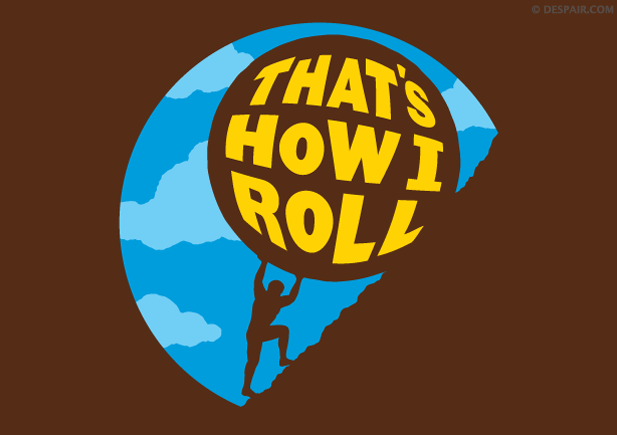Their work expressed the belief that human existence has no meaning or purpose and therefore all communication breaks down
Logical construction and argument gives way to irrational and illogical speech and to its ultimate conclusion, silence.
Absurdism is reflected in many pieces of work but in theater it aimed to how man's reaction to a world apparently without meaning and man as a puppet controlled or menaced by invisible outside forces . eg. Samuel Beckett's 'Waiting for Godot'

- Broad comedy mixed with horrific or tragic images
- characters caught in hopeless situation forced to do repetive and meaningless actions
- dialogues full of cliches, wordplay and nonsense
- plots that are cyclical or absurdly expansive
- a parody of dismissal of realism and the concept of the 'well-made play'
Absurd drama, by its very nature, subverts logic. It deflates the normal and celebrates
the unexpected. Being anti-rationalist, it exhibits how rational thought, just like language, defies
meaning, while nonsense offers more liberty for an exploration of the infinite and indescribable.
Hence, in such plays, not only actions, but also motives behind them are incomprehensible.
Likewise, in King Lear, several scenes can
be termed absurd such as
- Gloucester‘s blinding
- Gloucester's suicide
- Cordelia‘s death
- madness of Shakespeare‘s characters - real and feigned
- Love test
- The Fool
- Storm scene
Anne Paulucci ― "Realism holds a smooth mirror up to nature which distorts and exaggerates
familiar things in order to shock us into a new evaluation of experience. The crazy mirror of the
Absurd breaks up familiar pattern and forces us to accept a new dimension and a new type of
communication"
Myth of Sisyphus- Push a boulder up a hill and rolls back down as a punishment. It's an eternal punishment and constant struggle - metaphor for life
No comments:
Post a Comment